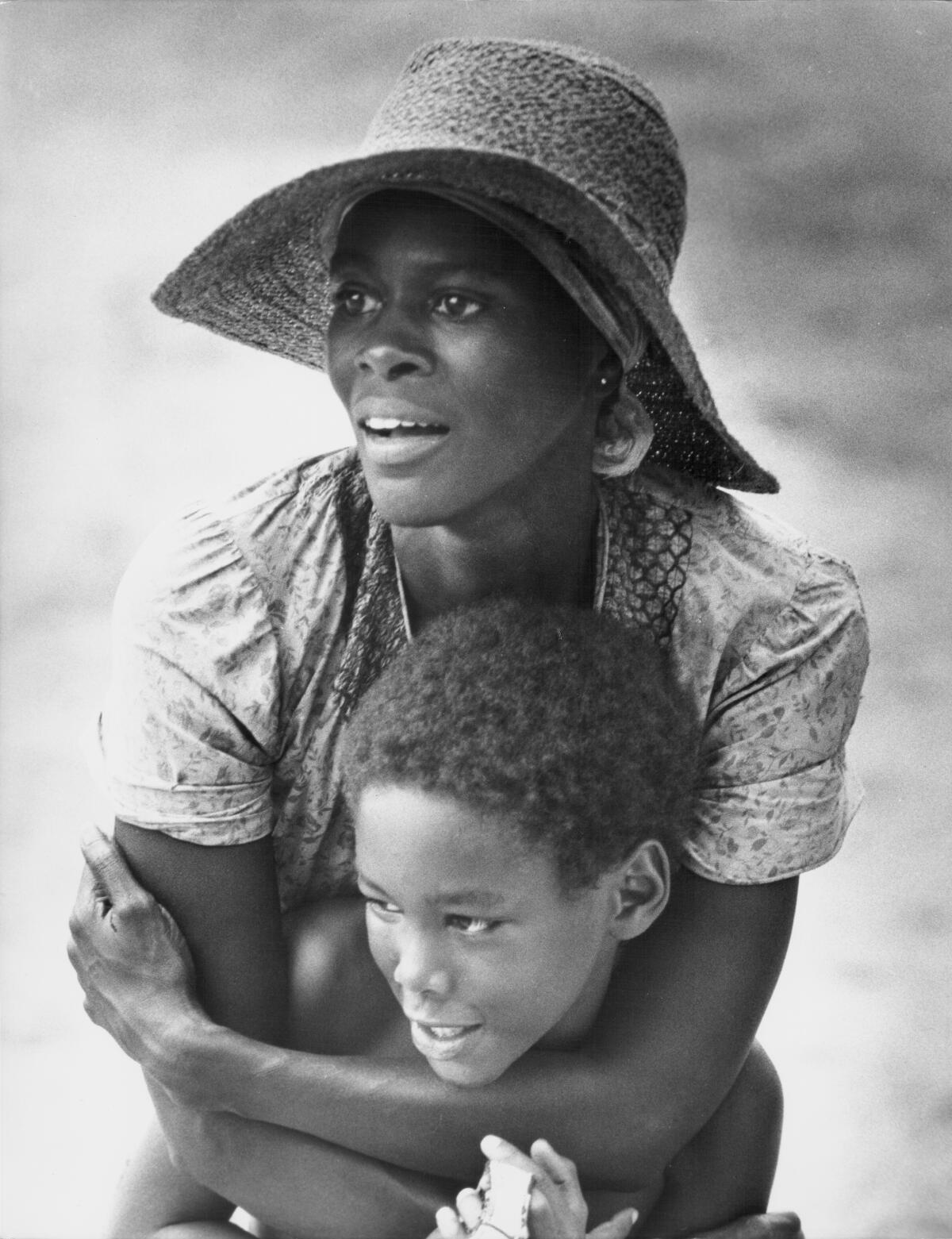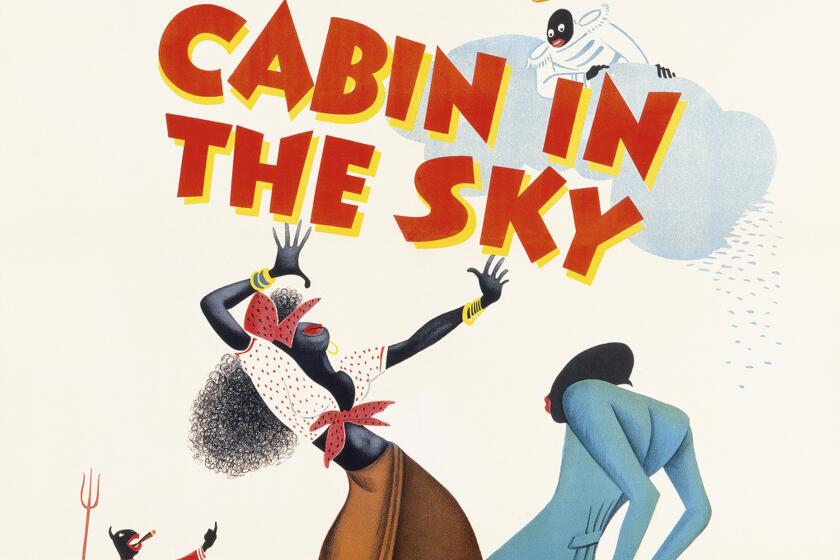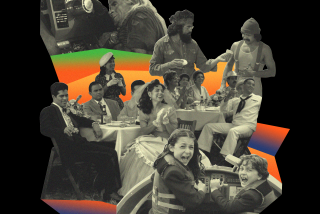The 10 most intriguing films in Maya Cade’s Black Film Archives

- Share via
We asked Maya Cade to choose 10 of the pictures she was most gratified to include in her Black Film Archive. A few of her choices may be familiar, but along with several overlooked or underappreciated titles, her list is an intriguing and thought-provoking alternate film history, one that makes for excellent viewing. (Read Nate Jackson’s full interview with Cade here.)
Out to prove that Black film before Spike Lee is not a monolith, Maya Cade’s platform showcases more than 250 movies by Black creators and where to watch them.
“A Dream Is What You Wake Up From” (1978)
This essential document captures the weight of racism and gendered violence by using a mix of narrative and documentary techniques that make for an intimate, timeless portrait of Black struggle. Directed by Larry Bullard and Carolyn Johnson.
“Zora Neale Hurston Fieldwork Footage” (1928)
Highlighting Black rural communities in the 1920s, this film from the legendary author and anthropologist is a preservation of heritage and a celebration of Black being.
“Uptight” (1968)
Ruby Dee co-wrote and co-stars in “Uptight,” which takes place in the wake of the Rev. Martin Luther King Jr.’s assassination. It could be argued that this is the most radical political Hollywood film ever made. Directed by Jules Dassin.
George Lucas’ art museum acquires the Separate Cinema Archive, which includes 37,000 items of black film history.
“Buck and the Preacher” (1972)
Sidney Poitier directs this unrightfully obscure western in which Buck (Poitier) and his wife (Dee) encounter a duplicitous Preacher (Harry Belafonte) as they guide a wagon train of newly freed slaves moving to claim homesteads in the West.
“The Cry of Jazz” (1959)
This hybrid documentary, directed by influential composer and arranger Edward O. Bland, offers a still-relevant, poetic examination of jazz, Black American music and the function of Black people in America.
For the record:
6:15 p.m. Sept. 21, 2021An earlier version of this article said that “Cabin in the Sky” included a performance by the dance duo the Nicholas Brothers. The pair were not in that 1943 film.
“Cabin in the Sky” (1943)
Come to this film for Lena Horne in one of her first movie performances, here going up against Ethel Waters for the love of Eddie “Rochester” Anderson’s Little Joe. The moral tale is a playground for the talented Black actors of the time. . Directed by Vincente Minnelli.
“Killing Time” (1979)
This must-see dark comedy short from Fronza Woods tracks a day in the life of a woman who is unable to find the right outfit to die in and takes the act of doing so as a moment to ponder the complexities of life.
“Sounder” (1972)
This four-time Oscar-nominated film starring Cicely Tyson tells the story of a loving family of sharecroppers whose lives are knocked upside down after the patriarch is accused of shoplifting. Directed by Martin Ritt.
“Rufus Jones for President” (1933)
In this political musical fantasy starring a young Sammy Davis Jr., Ethel Waters dreams that her son — a Black boy — can become president of the United States. Directed by Roy Mack.
“Pizza Pizza Daddy-O” (1967)
A loving tribute to Black girlhood in which director Bess Lomax Hawes captures the hand games Black girls play on the schoolyard in their full glory.
More to Read
Only good movies
Get the Indie Focus newsletter, Mark Olsen's weekly guide to the world of cinema.
You may occasionally receive promotional content from the Los Angeles Times.










